For any lawyer, concluding that your time is up at a firm you have given your heart and soul to is never an easy process. Career progression cannot always keep the pace you might like at a single company, and many lawyers will work at several firms over the course of their careers.
Once you have made the tough decision to move on and landed yourself an alternative role at a different organisation, there are delicate situations to navigate. How do you go about resigning gracefully, whilst also keeping the respect of your colleagues? And how do you work your way through the transition phase of saying goodbye and starting fresh elsewhere?
Our 7 tips based on many years of assisting successful candidates through this exact process are below:
1. Be Prepared
When you are in negotiations for a new role, make sure you are fully aware of any provisions, obligations or clauses in your existing employment contract relating to notice period, gardening leave, or anti-compete clauses. Negotiate your start date accordingly whilst being respectful of both businesses.
Ensure that you understand any claw-back provisions relating to educational expenses, relocation expenses or similar so that you understand whether your final salary will be debited for any amounts owing. In some cases, but not all a new firm may offer to cover some of this for you however, a word of caution, expecting that to be the case could put a dampener or jeopardise your negotiations. Your approach in this regard will be key!
2. Dot Your I’s and T’s
Do not resign from your current role until you have an employment contract that has been signed by the hiring organisation, yourself and then returned to them. Up until this stage – an offer can be withdrawn up until the point it has been accepted for all sorts of reasons. An offer can be made subject to “satisfactory” references, or withdrawn due to sudden head count freezes, restructures or key people leaving during hiring negotiations. We have even seen offers withdrawn from candidates that took too long to consider an offer! Ideally, you want a signed letter of offer or contract in your hand and a start date finalised. It is only then that your next role is confirmed.
3. Write and Sign your Resignation Letter
We recommend having this written, printed and signed and in your hand when you have your “I’m sorry, but I’m resigning conversation” with your boss. If they can see that you are at this final stage, they are much less likely to think that they can convince you to stay. (Beware of entertaining a counter-offer! If you haven't read our blog post on this very topic "Why you Should Say Thanks but no Thanks", it's a must!) Now back to the resignation letters, keep them simple and professional. Consider expressing your gratitude for any opportunities afforded to you in your role and an offer to assist with the co-ordination of handing over your responsibilities. Ensure that you have included your departure date in this letter.
We have included several complimentary resignation letter samples in this downloadable resource here for your convenience.
Once you have resigned in person to your direct manager, it is useful to have a list prepared of other people you need to notify in person. This might include a mentor, a former boss who has invested in your career, or important stakeholders of your current role. These are the colleagues that should hear the news from you and not on the company grapevine. Express your gratitude to these colleagues for their investment into your career whether it be related to training, career highlights, or project involvement.
We cannot impress enough that you do not resign by text, or by telephone, or whilst you are on holiday. It is best practice to be done face to face, whilst handing over your resignation letter in writing and in a professional manner.
We should mention at this point that we do not recommend talking with your current employer about a counteroffer. There are many reasons for this and we talk about them in this article at length here. A counteroffer is extremely unlikely to resolve the reasons you have for leaving the job that you are in.
4. Do you Disclose your New Employer?
We often get asked by candidates that we are placing in a new role whether they are required to disclose their new employer to a current employer. It is not required for you to do so, but may be a matter of judgement for you. Are you going to a direct competitor? Will the firm you are going to have implications according to your contract and mean your notice period will be spent on gardening leave. Can you make a judgement call about whether you departing for your new employer will have any negative ramifications for your existing firm? If you are going to an In-house legal role where you are likely to be a client in the future – your resignation will most likely take an easier path.
If you are going to a competitor’s firm, be prepared for some uncertainty, angst, and concern that you will need to manage. It is however, up to you whether you choose to disclose where you are going. This is the time to reassure your current employer that you understand your obligations as per your employment contract and that they have no need to be concerned about you taking any of the firms IP or poaching clients!
5. Do Not Burn your Networks
The legal industry is a small place. Your current boss and colleagues can become bosses or colleagues at different organisations or even future clients. Maintaining a good working relationship with former colleagues says a lot about your professional standards, work ethic and class.
We have also seen many instances over time of lawyers that returned to the fold of their original employer over the course of their careers. It is much less grief for you to be able to return at some future date to welcoming open arms!
6. Be a Transition Superstar
Be helpful during the transition out of your role. This might mean that you need to complete any outstanding matters or handover files to a colleague. Offer to assist with training your replacement if this is possible. Ensure any outstanding projects are complete or handed over.
Keep your A-game going during the transition and gain the respect of your colleagues and set an example for those that follow. If it does get quiet, make yourself useful and put your hand up to help your team out.
Given the current state of the market it is highly likely that your new employer may ask about an early start date. The most professional approach is to be considerate and meet your contractual obligations at your current employer. If you are going to ask for an early exit date (and be conscious about how this might be perceived)– be very mindful of current workloads and resourcing availability.
7. Celebrate Your Time
Take a moment in your last days to network with colleagues and consider what it is you have achieved at the organisation you are leaving. Ensure you have contact details or are connected on LinkedIn with those you want to stay in touch with. Thank people who have contributed to your career success and ensure you wish them well in the future.
Your next career adventure is around the corner and keeping the bridges intact to your former employer smooths the way to a new role and contributes to your professional reputation. By ensuring you resign gracefully and in a professional manner, and by making an effort to help in any way you can during your transition out of a role, you give yourself the best chance of maintaining good working relationships for the future and beyond.
To download our sample resignation letter template, click here
If you would like to discuss your career with one of our specialist legal industry recruiters, please get in touch at info@alexcorreaexecutive.com.au.
We are always here to help!
Related Articles











